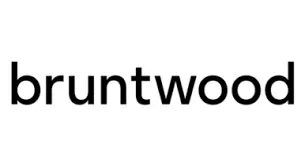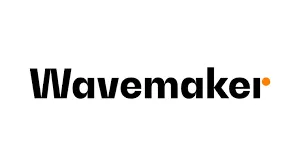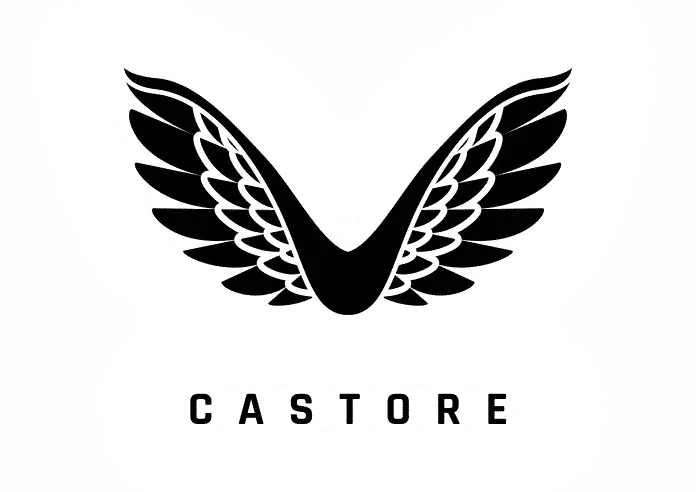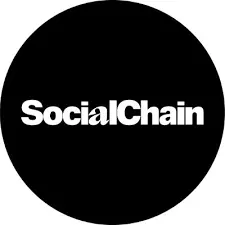Research is about collecting data to create an informed picture surrounding a specific idea or ideas. The research will use a variety of methods to collect this data, depending on the format and type of data (qualitative, quantitative, or a mix) required for the project.
Research Jobs
Experts in Research Recruitment
To recruit for research candidates, we’ll be recruiting for candidates with fantastic project management and communication skills, are organised, personable and have the ability to juggle multiple priorities. Common routes we find to get into this profession are either securing an entry-level position or attaining a degree in a research lead vocation, such as psychology.


Use of a range of quantitative and qualitative research techniques, including; online communities, brand tracking studies, pre and post-campaign analysis, cross-media brand uplift studies, interviews (face to face and telephone), focus groups, surveys, workshops, and ethnographies.
Expert Research Recruiters
Once the data is collected, programmes such as Excel and SQL are used to organise and structure it so it can be made into a useable format. Desk research tools are also used to provide market context and audience analysis e.g. TGI/YouGov brand tracking data, Hitwise search analysis, Mosaic analysis and geographical distribution data and mapping
Once all of the research has been conducted, the data has been collected and organised, it is then necessary to present the findings and recommendations to the relevant teams. Depending on how specialised the roles are within a business, a candidate such as a Research Manager may then look to generate actionable insight to share back to the wider business. However, in most cases, insight is a separate function which works very closely in conjunction with the research team to make use of the data they provide. Other pivotal parts of any research role include taking project briefs, creating project strategies and plans, proposal writing, and reporting.




Meet Our Team
Featured Jobs
Our Expertise
The Candidate is the leading marketing recruitment agency sourcing the UK’s top talent in digital, marketing, analytics, creative and technology. We’re proud to support the future of UK businesses and beyond.
Digital
We're the best recruitment agency for digital marketing jobs in the UK, having placed thousands of candidates in digital jobs since 2012. Our extensive database and effective sourcing techniques mean that we’re the experts in digital recruitment, identifying the best candidates for our clients’ openings in quick timescales resulting in long-term placements.
Marketing
We understand how to recruit the best candidates for the marketing jobs we recruit for as many of us are from marketing backgrounds. Coupled with an outstanding recruitment service, we help candidates develop their marketing careers in some of the best job opportunities in the UK. Whether it’s a marketing agency position, or client-side opportunity, we’ll work to ensure the best recruitment experience and outcome for clients and candidates.
Analytics
Data and analytics jobs complement the marketing recruitment we undertake for many of our clients. We’ve built a large database of many top-quality candidates and have a record of working with clients to effectively place them in both permanent and contract roles. Our specialist recruiters in this area will advise you on the level of candidate you’ll need to ensure effective recruitment to complete any project or ongoing role.
Creative
We have many creative jobs available at all levels across this inspiring and ever evolving industry. We’ve worked with candidates throughout their creative careers and worked with many agencies and companies on the best creative jobs in Manchester and across the UK. Our creative consultants will work to identify the best candidates, whether they are active or passive, from our extensive creative database.
Technology
Work with the best tech recruitment agency who has placed candidates in many tech jobs, including recruitment of developers of all types, engineers, leads, designers and project managers to name a few. Our tech recruitment consultants understand emerging tech and what clients need in order to fulfil their projects. We have candidates available to immediately fill contract and permanent roles.

Latest Blogs
Trusted Recruitment Partners
We're recruitment experts, partnering with industry leaders across all sectors to fill their talent gaps. Let us help you find the perfect fit for your business, too.
Contact Us
Whether you're seeking your next career move or need expert recruitment advice in Marketing, Digital, eCommerce, Creative, Technology, Data, BI or Analytics, contact us for confidential, specialist advice.













